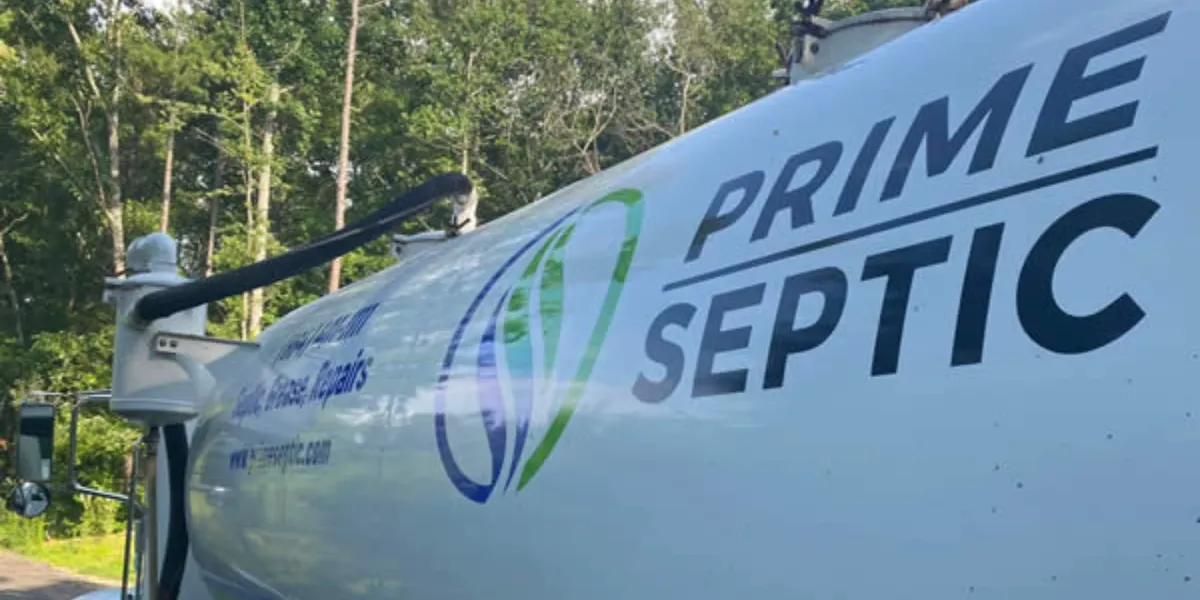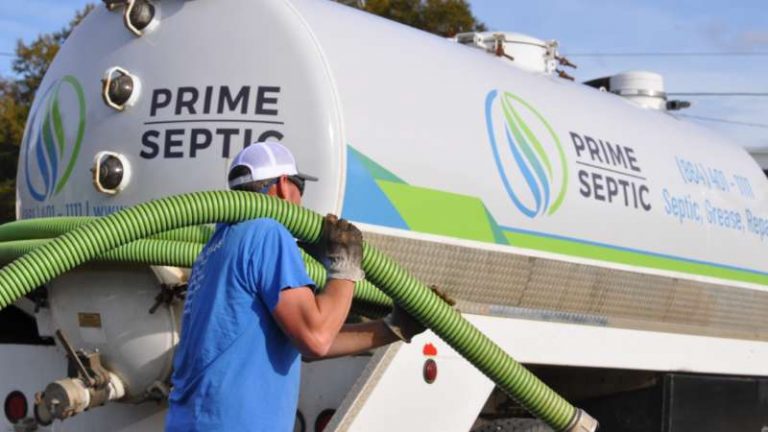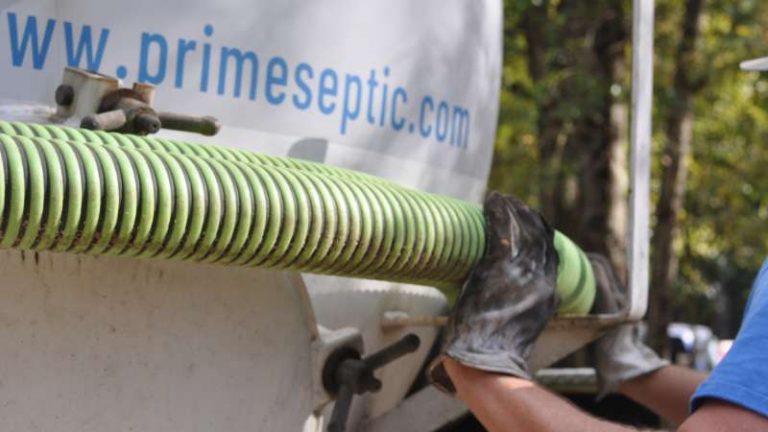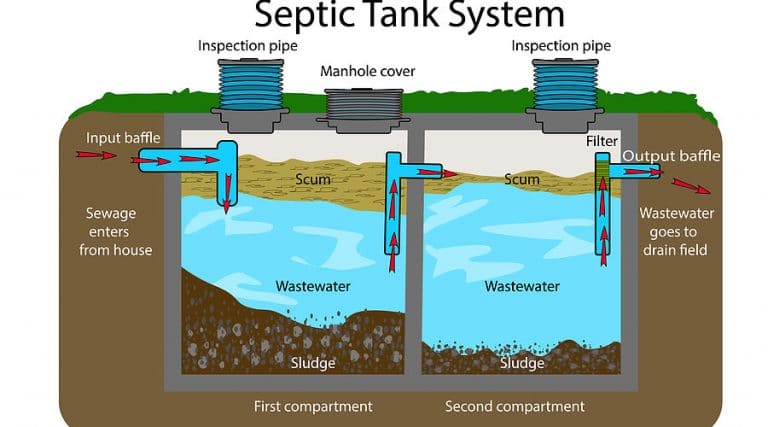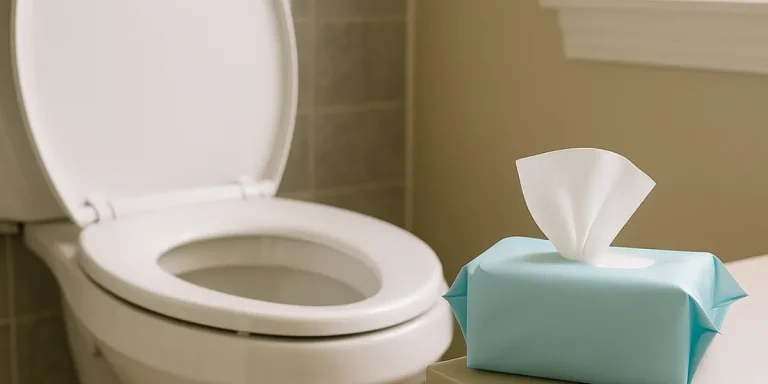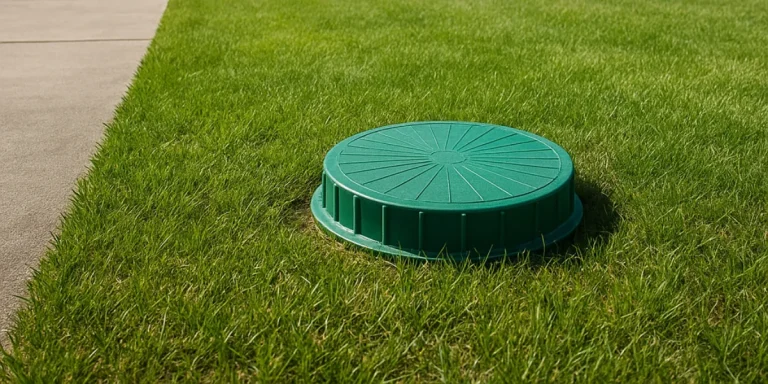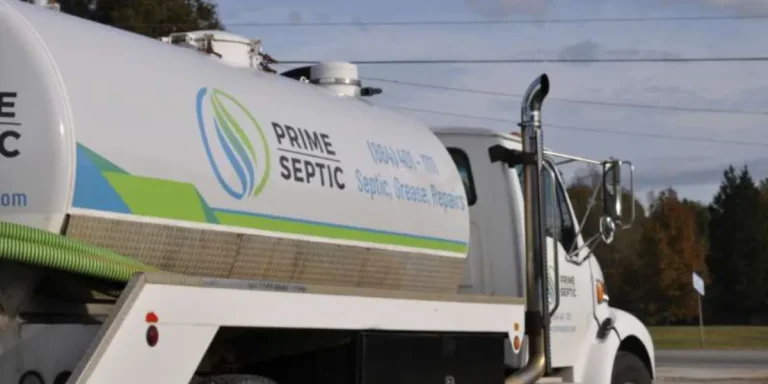Why Summer Grease Trap Cleaning Is So Important
If you operate a restaurant, café, or commercial kitchen in Belton or surrounding areas, keeping your grease trap clean isn’t just good practice — it’s essential. While grease trap maintenance is important year-round, summer presents unique challenges that make timely cleanings even more critical.
At Prime Septic, we help local businesses stay compliant, avoid costly repairs, and keep their kitchens running smoothly with professional grease trap cleaning services.
What Is a Grease Trap, and Why Does It Matter?
A grease trap — also known as a grease interceptor — is a critical component in any commercial kitchen’s plumbing system. Its job is simple but essential: to capture fats, oils, and grease (commonly referred to as FOG) before they enter the main wastewater system. These substances are byproducts of everyday cooking, especially when frying, baking, or washing dishes that contain food residue.
When left unchecked, FOG can cool, harden, and accumulate inside plumbing lines. Over time, this buildup can lead to:
-
- Clogged pipes and slow drains
- Overflows or sewage backups
- Foul odors in the kitchen or dining area
- Premature wear and damage to your plumbing infrastructure
In worst-case scenarios, an overflowing or neglected grease trap can force your business to shut down temporarily for emergency clean-up or repairs — costing you revenue, reputation, and potentially leading to health department violations.
The importance of proper maintenance
Grease traps don’t just protect your plumbing — they also help keep your business compliant with local health codes and environmental regulations. In cities and counties across South Carolina, regular grease trap cleaning is often a required part of commercial food service operations. Failure to clean and document service intervals can result in fines or failed inspections.
That’s why routine maintenance isn’t just a “nice to have” — it’s a necessity. When you hire a professional team like Prime Septic to handle your grease trap cleaning, you can count on:
-
- Timely and thorough service
- Proper waste disposal according to local regulations
- Detailed service records to present during health inspections
- A cleaner, safer, and more efficient kitchen environment
Keeping your grease trap clean isn’t just about avoiding problems — it’s about running a smooth, professional operation that’s prepared for busy service, customer satisfaction, and long-term success.
Why Summer Increases Grease Trap Risks
South Carolina summers can put extra pressure on your commercial kitchen — and your grease trap is no exception. The combination of high temperatures, increased customer volume, and stricter inspection schedules make summer the worst time to neglect routine maintenance. Here's why:
1. Higher Temperatures Accelerate Buildup
Hot weather causes everything to break down faster — including the grease and food waste sitting inside your trap. During the summer, the decomposition of organic matter speeds up, resulting in thicker, stickier buildup that clings to the sides of your grease trap.
This can lead to:
-
-
- Rapid formation of hardened grease (called “FOG cakes”)
- Narrowed or blocked outlet pipes
- Faster system overload and higher risk of backups
-
In addition to clogging, this accelerated breakdown releases foul gases that quickly spread through your kitchen, dining area, or outdoor space — especially when ventilation is limited.
2. More Customers, More Kitchen Use
For many food service businesses, summer brings peak volume. Tourists, families on break, outdoor events, and summer promotions all mean your kitchen is busier — and producing more fats, oils, and grease.
Your grease trap is designed to capture a set volume of FOG. If you’re serving more meals than usual, you’re exceeding that limit faster.
This can result in:
-
-
- Overflow or slow drainage
- Grease escaping into your plumbing system
- Emergency backups during rush hours or weekends
-
Restaurants, cafeterias, and commercial kitchens in Belton, Anderson, and Greenville should consider increasing the frequency of cleanings during the summer months to match their seasonal demand.
3. Odor Complaints Are More Common
When a grease trap is approaching capacity — or hasn’t been cleaned recently — it becomes a breeding ground for bacteria and decay. In summer, these odors intensify, especially in poorly ventilated kitchens or properties with outdoor dining areas.
You might notice:
-
-
- Sewage-like smells around your grease trap lid or clean-out
- Rotten egg or sour food odors near sinks or floor drains
- Complaints from customers, tenants, or neighboring businesses
-
This isn’t just a comfort issue — persistent odors can signal that your trap is near failure and needs immediate attention.
4. Health Inspections and Regulations Don’t Take a Summer Break
Local health departments don’t pause during the summer. In fact, many jurisdictions increase inspection frequency when foodborne illness risks are highest — such as during warmer months. In South Carolina, municipal codes often require proof of regular grease trap maintenance, especially for businesses with a history of violations or backups.
If your grease trap is overdue for service, you risk:
-
-
- Failing a surprise inspection
- Receiving fines or operational citations
- Temporary shutdown until the issue is resolved
- Negative public health grades that damage your reputation
-
Staying ahead of inspections with a documented cleaning schedule from a professional provider like Prime Septic helps you stay compliant and worry-free, even during the busiest time of the year.
What Happens If You Skip Summer Cleanings?
Putting off grease trap cleaning during the summer months can have serious consequences for your business. With higher temperatures and heavier kitchen usage, even a short delay in service can lead to costly problems.
Here’s what you risk by skipping or delaying cleanings:
-
- Costly plumbing repairs due to grease hardening and clogging interior pipes
- Strong, persistent odors that can spread into dining areas and outdoor patios
- Slow drainage or complete backups in sinks and floor drains
- Grease overflows into parking lots, alleyways, or walk-in areas
- Unsanitary kitchen conditions, putting staff and customers at risk
- Negative online reviews triggered by unpleasant customer experiences
- Health department citations, especially during unannounced inspections
- Fines or forced closures if your system fails to meet code
- Emergency service costs, which are often more expensive than routine maintenance
- Damage to your reputation, which can be hard to recover from
In the worst-case scenario, raw wastewater and grease can back up into your commercial kitchen — creating biohazards, contamination risks, and liability issues that can put your operation out of commission.
How Often Should You Clean Your Grease Trap?
Cleaning frequency depends on several key factors, but the summer season typically calls for more frequent service due to increased foot traffic and higher kitchen output. Staying ahead of buildup is far easier — and more affordable — than dealing with a backup or emergency repair.
Here are the main factors that affect cleaning intervals:
-
- Trap size – Smaller traps fill up faster and need more frequent cleaning
- Daily kitchen volume – High-output kitchens generate more grease
- Menu type – Fried, greasy, and meat-heavy dishes contribute more FOG
- Dishwashing volume – More washing means more fats and oils entering drains
- Local ordinances – Some municipalities require documentation of service every 30–90 days
As a general guideline:
-
- Most commercial kitchens need grease trap cleaning every 1 to 3 months
- High-traffic or seasonal businesses may need monthly or bi-weekly service in summer
- New businesses should track their trap levels during the first few months to establish a baseline
With Prime Septic, you don’t need to guess. We offer:
-
- Custom cleaning schedules based on your kitchen’s unique needs
- Compliance-ready service logs for health inspections
- Fast, non-disruptive service that works around your hours of operation
- Prompt emergency response if you’re already seeing warning signs
Regular grease trap cleaning is one of the most affordable ways to protect your plumbing, maintain a clean kitchen, and stay compliant — especially during South Carolina’s busy summer season.
Why Choose Prime Septic?
We’re not just a septic company — we’re a reliable partner to local restaurants, schools, and commercial kitchens in Belton and throughout Anderson and Greenville Counties. Our grease trap cleaning service is:
-
- Prompt and professional
- Fully compliant with local regulations
- Handled by experienced technicians
- Thorough and mess-free
- Backed by detailed service reports for your records
We also offer septic system pumping, inspections, and repairs, making us a one-stop solution for your wastewater management needs.
Proudly Serving Belton and Beyond
Prime Septic proudly provides grease trap cleaning and septic services in:
If you're outside these towns but nearby, give us a call — we often service clients just beyond these areas as well.
Schedule Your Summer Grease Trap Cleaning Today
Don’t wait until there’s a problem — get ahead of it.
Call Prime Septic today to schedule your professional grease trap cleaning. We’ll help you stay compliant, prevent costly repairs, and keep your business running smoothly through the busy summer season.
We serve Belton, Anderson, Greenville, and all surrounding areas with expert-level service you can count on. Request a free estimate today or give us a call to get started.

